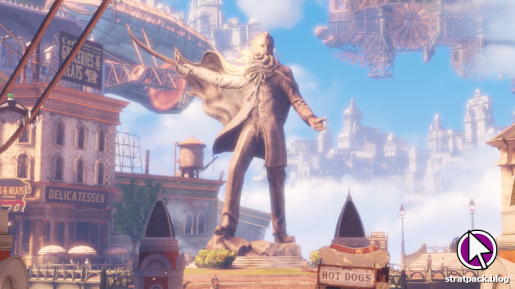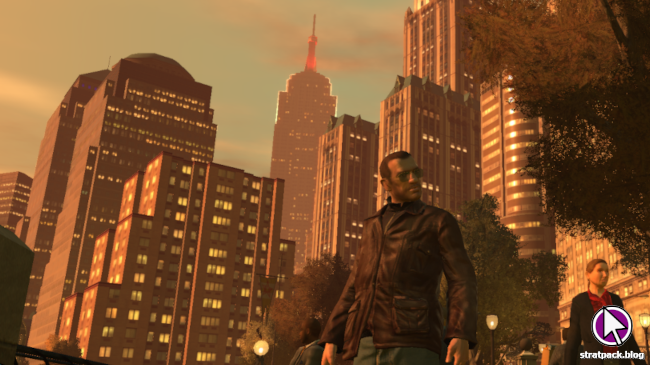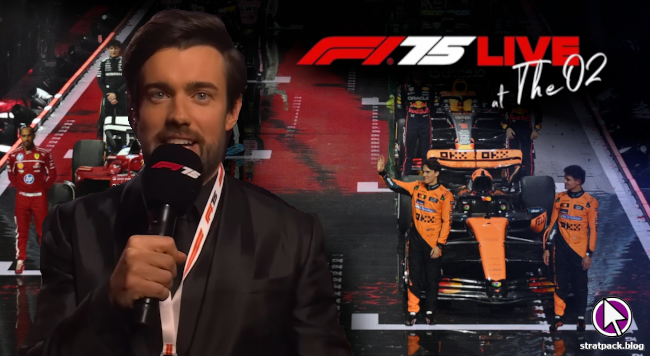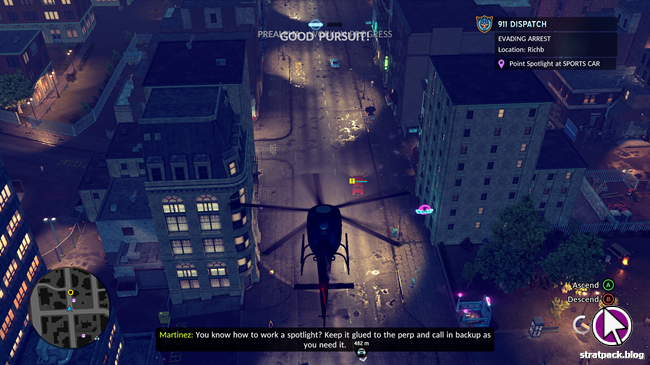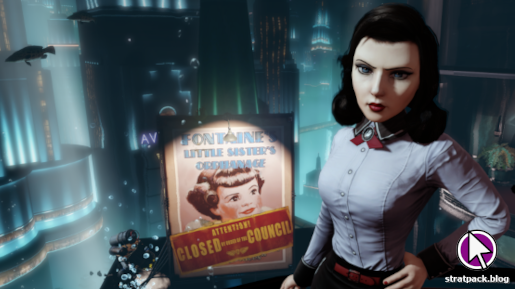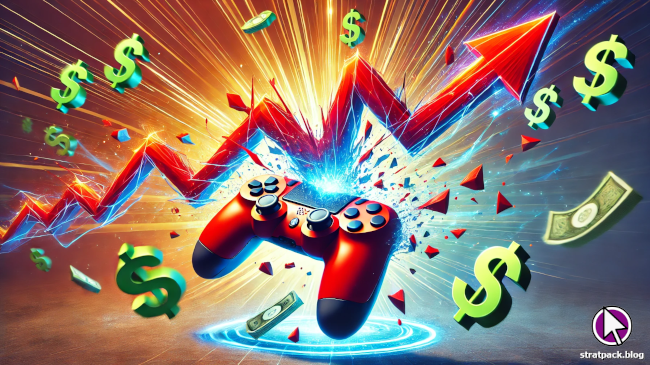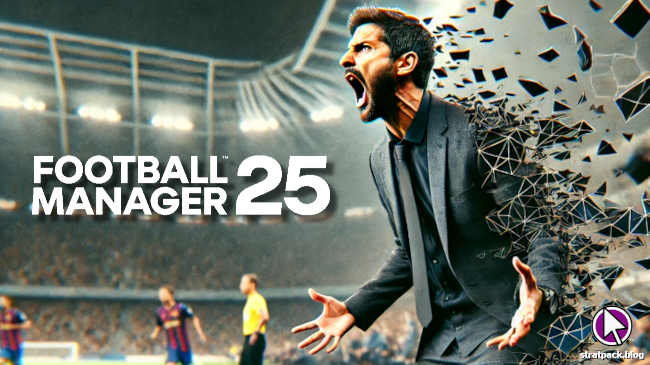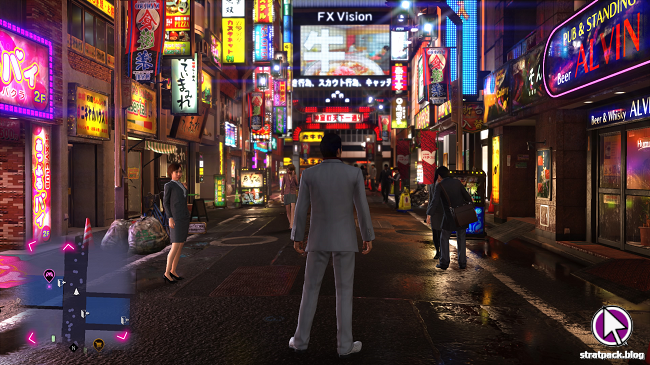
Glass Onion review
Just before Christmas 2022, Netflix released Glass Onion, the next film in the Knives Out series. Expecting another clever, witty mystery from Rian Johnson I sat down to watch it over the holiday period, but was disappointed to find it did not deliver anything close to the quality of its predecessor.

Before anybody takes this article the wrong way, I’ll start by saying this: Glass Onion is a good film. It looks great, the mystery is intriguing in part, there’s some enjoyable dialogue (particularly from Daniel Craig), and it kept me more engaged from start to finish than most modern releases do.
However, Glass Onion is not even close to being as good as Knives Out. While there a number of reasons for this, in this article I’ll focus on what I think are the two biggest problems (with plenty of spoilers along the way, so I advise that you actually watch the film before reading any further).
Intro and setup
Things start out promisingly enough. A bunch of prominent people receive puzzle boxes containing invitations to a billionaire’s private island, where it appears he’ll be hosting a murder mystery event. Given the genre, it’s clear something will go wrong, so from the start you’re keen to see what it is.
These opening scenes are very heavy on comedic lines, which makes the tone a little odd, but Knives Out also subverted some of the genre’s conventions, so it’s not necessarily surprising. Lastly, we see Benoit Blanc himself receive a box, but - importantly - we’re not shown how or why.
The group get to the island and hang out a bit, and we are introduced to Edward Norton’s character, who falls into the “rich, slightly hippie asshole” archetype. There’s some tension with his ex-business partner, who nobody seems to want around, and she lashes out at the group and says they’re all leeches who rely on the billionaire for survival. Alongside this there’s some motive setup, with several characters given reasons to despise him.
At dinner, Blanc solves the murder mystery before the fake death even occurs, but things get more complicated when a muscly vlogger chokes and the police say they can’t make it to the island before morning. The power goes out, people scatter, and somebody shoots the ex-partner. Seems like the legendary detective Benoit Blanc has a lot of work to do, right?
Problem #1: Restarting halfway through
Well… wrong. Because the first mistake Glass Onion makes after building all this intrigue is to take us right back to the start of the story. This isn’t a short flashback, either - instead of watching Blanc solve the mystery, we need to retread a lot of ground to find out exactly how he got involved.
You see, the person who got shot was not in fact Andi, Miles Bron’s former business partner. She was already mysteriously killed in her own home prior to the whole event, and when her twin sister Helen asked Benoit Blanc to investigate her death, he convinced her to come to the island to pose as her sister and help him. He said it would be dangerous, but she was sold.
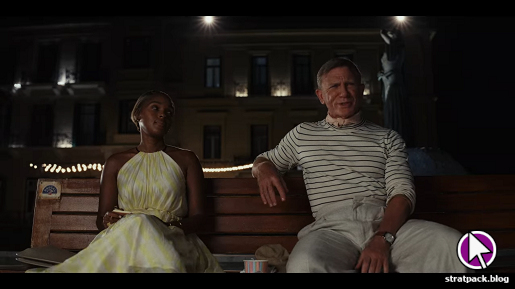
We spend what feels like an eternity waiting for the film to catch up with itself as we watch them prepare. Helen doesn’t consider herself as capable as the “shitheads” in the group, but acts more intelligently than them throughout. For example, between meeting Blanc and arriving on the island, she reads and memorises all her sister’s diaries to the degree of detail that she can pose as her in front of people who used to be her closest friends.
Back in the present, we see that the person we now know as Helen is not actually dead - the bullet was blocked by her sister’s journal. This removes what could have been an emotional moment for Blanc (as he persuaded her to go to the island), but it turns out that the tear we saw him shed was actually due to him rubbing hot sauce in his eye. This part in particular felt like the filmakers choosing being clever over telling an engaging story.
Blanc, almost certainly the series’ main draw, then spends the rest of the film marvelling over Helen’s superhuman detective abilities. Even when she accidentally gets drunk (she’s usually a teetotaller) there are no negative consequences and she’s more effective than him. And when Blanc does get to take centre stage for the traditional “whodunnit?” speech, it’s actually just a huge filibuster to buy time for Helen to snoop around elsewhere.
Problem #2: The murderer is obvious
More problematic is that Glass Onion’s resolution is completely predictable, and I called it shortly after the group arrived on the island. Murder mystery films usually have an obvious suspect who the audience is led to believe is the culprit before a surprise bait and switch in the final stages, but this film does no such thing, and the answer is just sitting there throughout.
The issue is it’s clear from the start that writer Rian Johnson’s worldview approximately matches that of the average Twitter user. The original Knives Out had a character describe another as an “alt-right troll dipshit”, one of Glass Onion’s main characters is an exaggerated men’s rights vlogger with zero redeeming qualities, and there are a few lines in the first two thirds of the film where characters sneer about his slide to “the right” and so on.
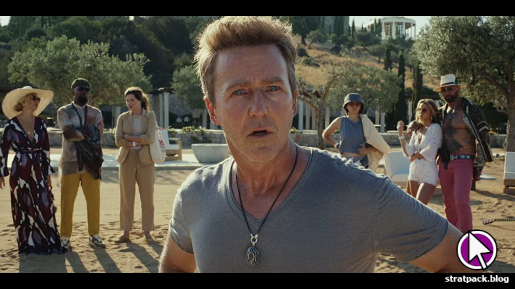
To be clear, I am expressing no personal political opinions here (this is an entertainment site, after all) - just noting that throughout the films we get clues as to the writer’s own perspective on things, and this meta eventually proves enough for us to predict who he would likely portray as a murderer.
Because with the vlogger killed early on, which of the remaining characters would somebody with this outlook despise the most? Perhaps tech billionaires were front of mind given the recent furore around Twitter and Elon Musk, but Miles Bron was the obvious standout for me. Surprise, surprise - Blanc and Helen eventually deduce that he killed his ex-business partner, and for the finale we get to watch Bron grow increasingly frustrated as Helen trashes his expensive house, even burning the Mona Lisa, which he has out on loan.
As someone watching for a murder mystery on the level of the excellent Knives Out, it was disappointing not only that the story was so easy to predict, without any extra twist, but that the final scene also passed up the opportunity for any clever resolution to indulge in the fantasy of breaking a billionaire’s stuff. The film as a whole deserved a better ending.
I’ll go back to what I said at the beginning - all this isn’t enough to make Glass Onion a bad film. It was clever (sometimes more so than it needed to be), occasionally beautiful, and Craig even got a few laughs out of me. I’ll certainly watch any further films in the series - I’ll just be hoping that they’re more like Knives Out than this messy yet predictable instalment.
3/5




